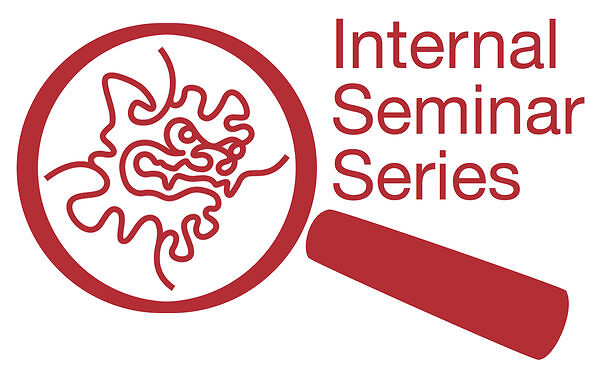Internal Seminar: Christina Ripken, "Marine Micro-and Nanoplastic"

Date
Location
Description
Internal Seminar
Speaker: Christina Ripken, PhD Student, Marine Biophysics Unit (Satoshi Mitarai Unit)
Title: Marine Micro-and Nanoplastic
Abstract:
Over the last century, the anthropogenic effects on the marine ecosystem have increased and diversified, reaching from ocean acidification and temperature rise, to increased organic and inorganic pollution. Plastic pollution, as part of synthetic marine litter, has received a lot of attention, both scientific and societal, due to its high visibility in all marine ecosystems. Micro- and nanoplastic particles, though already discovered as early as the 1970s, have only recently gained recognition as a major problem for marine life.
As methods for detecting nanoplastics in marine samples increase in accuracy and resolution, a clearer picture of the environmental distribution of these particles emerges. But, we are still out of our depth in some key factors of the oceanic nanoplastic story as their fate and environmental impact is neither understood nor fully investigated.
Small plastic particles are not conducive to plankton health, that much is transparent. Among the effects are enhanced production of reactive oxygen species, a reduction of CO2 uptake and chlorophyll-a pigment levels as well as overall growth rate. But are tiny plastics the direct cause or do they merely cause nutrient limitations resulting in the stressed plankton? How bad are these ubiquitous particles? Do present or future levels present a threat to the sustainability of oceanic plankton communities? How resilient are plankton communities that inhabit the plastic-filled gyres to this additional stress in the face of changing water temperatures and rising pH? Will there be enough genetic variability in these oligotrophic ecosystems to sustain a change to an equally productive plankton community or will the stress be too much, and the reorganization of this millennia-old biome results in a reduction of its potential to provide essential ecosystem functions such as the contribution to our atmospheric oxygen budget.
In order to limit the fishing in the dark and answer those questions, we look at RNA expression and photosystem efficiency under present and future conditions to be able to make more exact predictions about changes in these plankton communities of the open ocean. As plastics are now a part of every marine environment, creating a complete picture of chemical and physical effects of nanoplastic on marine plankton will need to start with the lowest trophic level, phytoplankton.
Following the seminar, please enjoy free pizza, soft drinks, and lively scientific discussion from 5-5:30pm.
Subscribe to the OIST Calendar: Right-click to download, then open in your calendar application.



